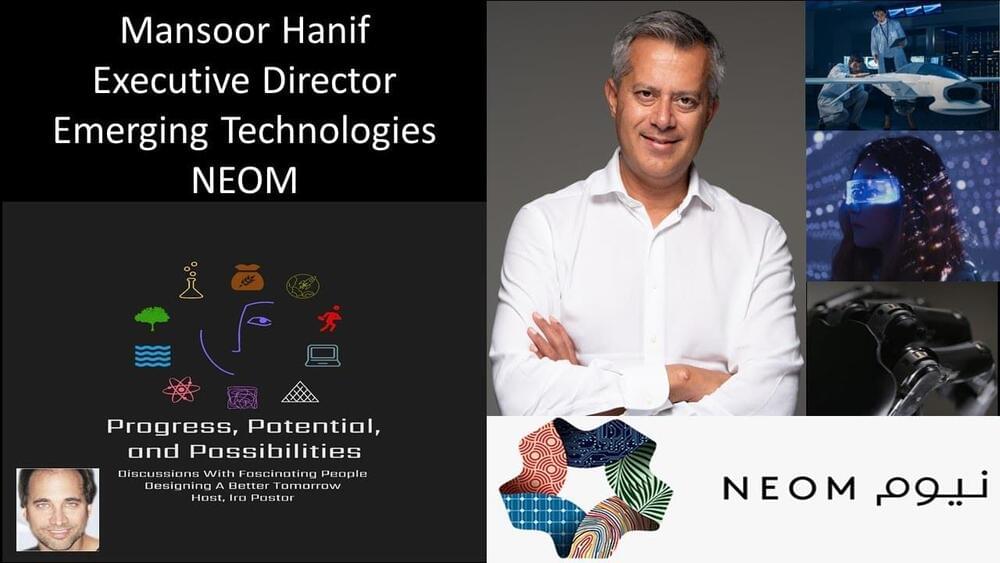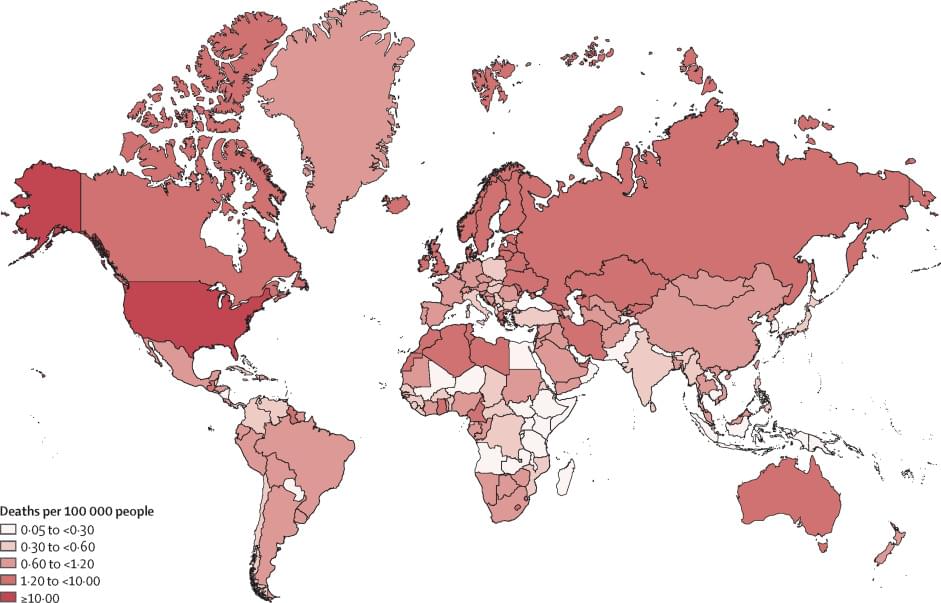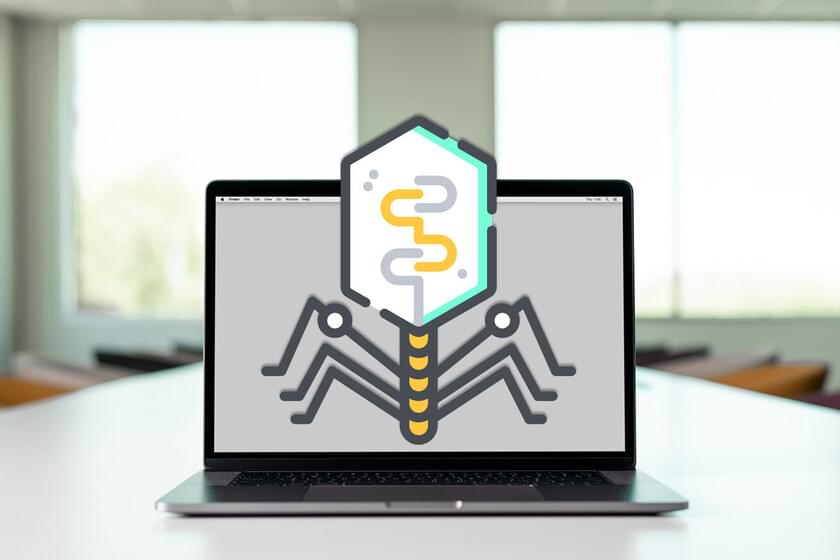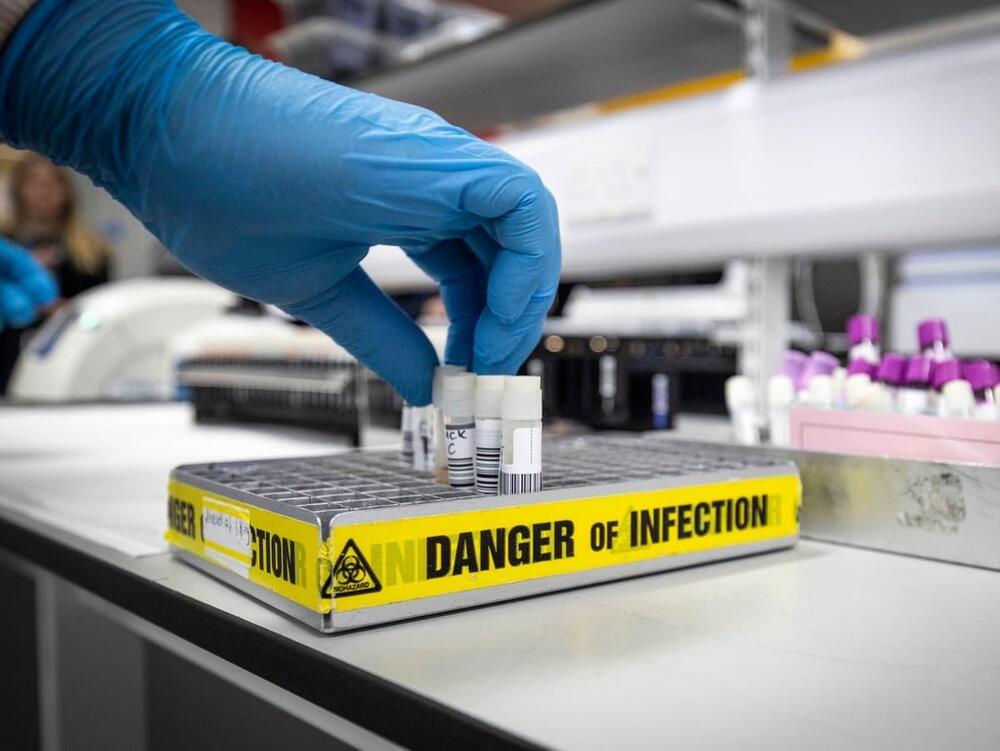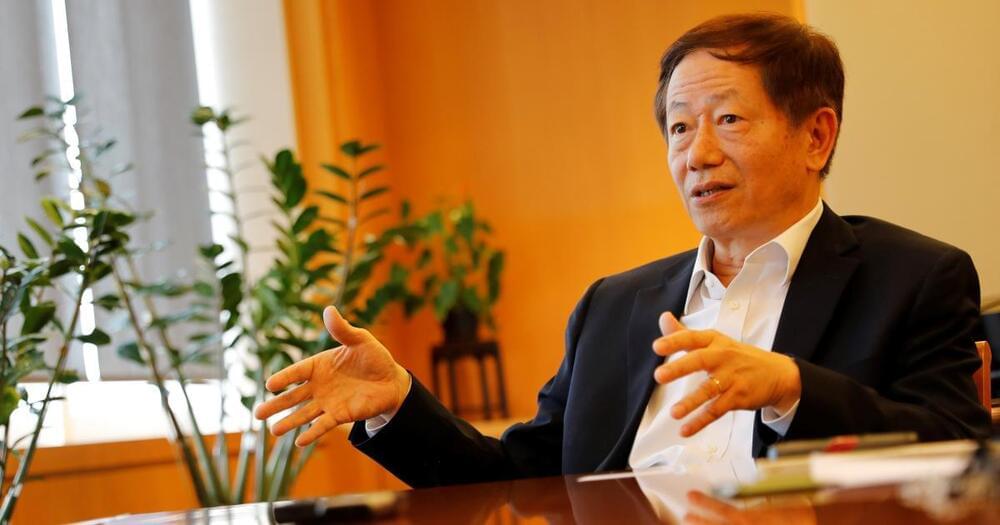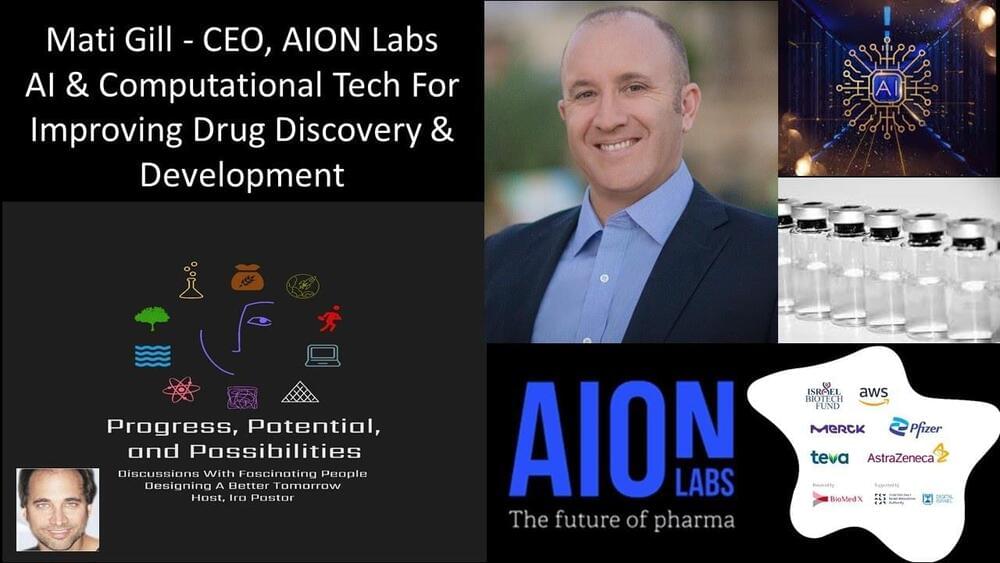AI is a classic double-edged sword in much the same way as other major technologies have been since the start of the Industrial Revolution. Burning carbon drives the industrial world but leads to global warming. Nuclear fission provides cheap and abundant electricity though could be used to destroy us. The Internet boosts commerce and provides ready access to nearly infinite amounts of useful information, yet also offers an easy path for misinformation that undermines trust and threatens democracy. AI finds patterns in enormous and complex datasets to solve problems that people cannot, though it often reinforces inherent biases and is being used to build weapons where life and death decisions could be automated. The danger associated with this dichotomy is best described by sociobiologist E.O. Wilson at a Harvard debate, where he said “The real problem of humanity is the following: We have paleolithic emotions; medieval institutions; and God-like technology.”
Full Story:
There is a lot more than the usual amount of handwringing over AI these days. Former Google CEO Eric Schmidt and former US Secretary of State and National Security Advisor Henry Kissinger put out a new book last week warning of AI’s dangers. Fresh AI warnings have also been issued by professors Stuart Russell (UC Berkeley) and Youval Harari (University of Jerusalem). Op-eds from the editorial board at the Guardian and Maureen Dowd at the New York Times have amplified these concerns. Facebook — now rebranded as Meta — has come under growing pressure for its algorithms creating social toxicity, but it is hardly alone. The White House has called for an AI Bill of Rights, and the Financial Times argues this should extend globally. Worries over AI are flying faster than a gale force wind.



